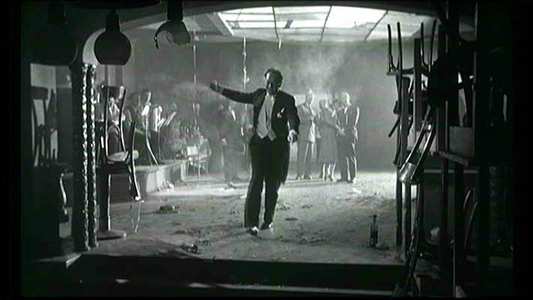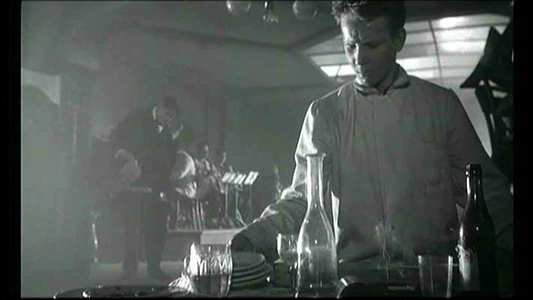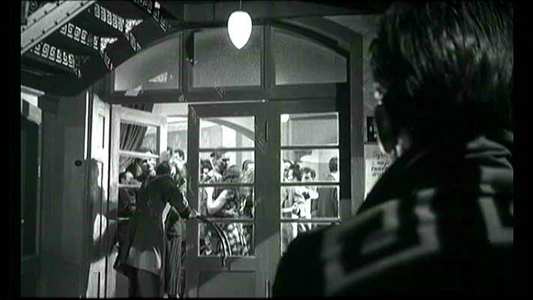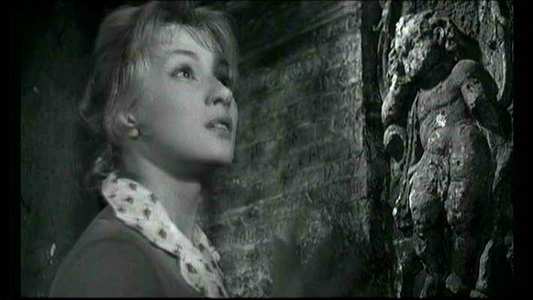Review of Ashes & Diamonds
Introduction
Based on a novel by Jerzy Andrzejewski, who also wrote the screenplay, `Ashes and Diamonds` is the third in a loose trilogy (following `A Generation` in 1954 and 1957`s `Kanal`) by acclaimed Polish director Andrzej Wajda. Released in 1958, but set on the last day of World War II, `Ashes and Diamonds` follows Maciek, who is part of a resistance group despatched to assassinate Szczuka, a high-ranking Communist. The assassination does not go according to plan, and two associates of Szczuka are killed. When Maciek and Andrzej, his superior, discover their mistake, they decamp to a hotel where Szczuka is staying and a celebration of a free Poland is due to take place, to finish the job.
Zbigniew Cybulski, who played Maciek, was known as the `Polish James Dean`, due to his physical resemblance to Dean, womanising, alcohol consumption and his untimely death at the age of 39 when hit by a train. `Ashes and Diamonds` is the film that made Cybulski a star, and it`s easy to see why, given his superb performance and screen presence.

Video
Presented in anamorphic 1.66:1, it`s a real shame that the film does not have a crisper picture with deeper contrast. The film is watchable, but as this is its first outing on DVD, more effort should really have gone into the visuals to emphasise the fine cinematography.

Audio
The only language option available is the original DD mono Polish soundtrack; the subtitles are clear and easy to read and 99.9% error-free - the only mistake I detected was when Andrzej describes Maciek as a `good solder` rather than `soldier`.

Features
A bell tolls, a dog barks and tumbleweed rolls across the screen.

Conclusion
The front cover carries the `Radio Times` quote describing `Ashes and Diamonds` as "Wajda`s masterpiece" along with five stars. Whilst I feel this may be too lavish an endorsement, it is a fine film, with a masterful performance by Zbigniew Cybulski at its centre. At the start of the film Maciek is a laid-back character, with no moral hang-ups about killing someone in cold blood over ideology, but as he frequents the hotel and plans Szczuka`s death, the execution becomes morally complicated.
Modern audiences are likely to have difficulty identifying with the political and social situations depicted; in 1958 with Poland becoming a satellite state of the Soviet Union and cinema-goers having lived through the end of the second World War, the film would mean more and have a far deeper resonance than it does now.
Those who have waited years for this film to become available on DVD will be disappointed by the visuals, audio and lack of extra features and the film is unlikely to appeal to a mainstream audience. It`s a curious release, and arguably one for cinephiles rather than the `average` DVD viewer.
Your Opinions and Comments
Be the first to post a comment!